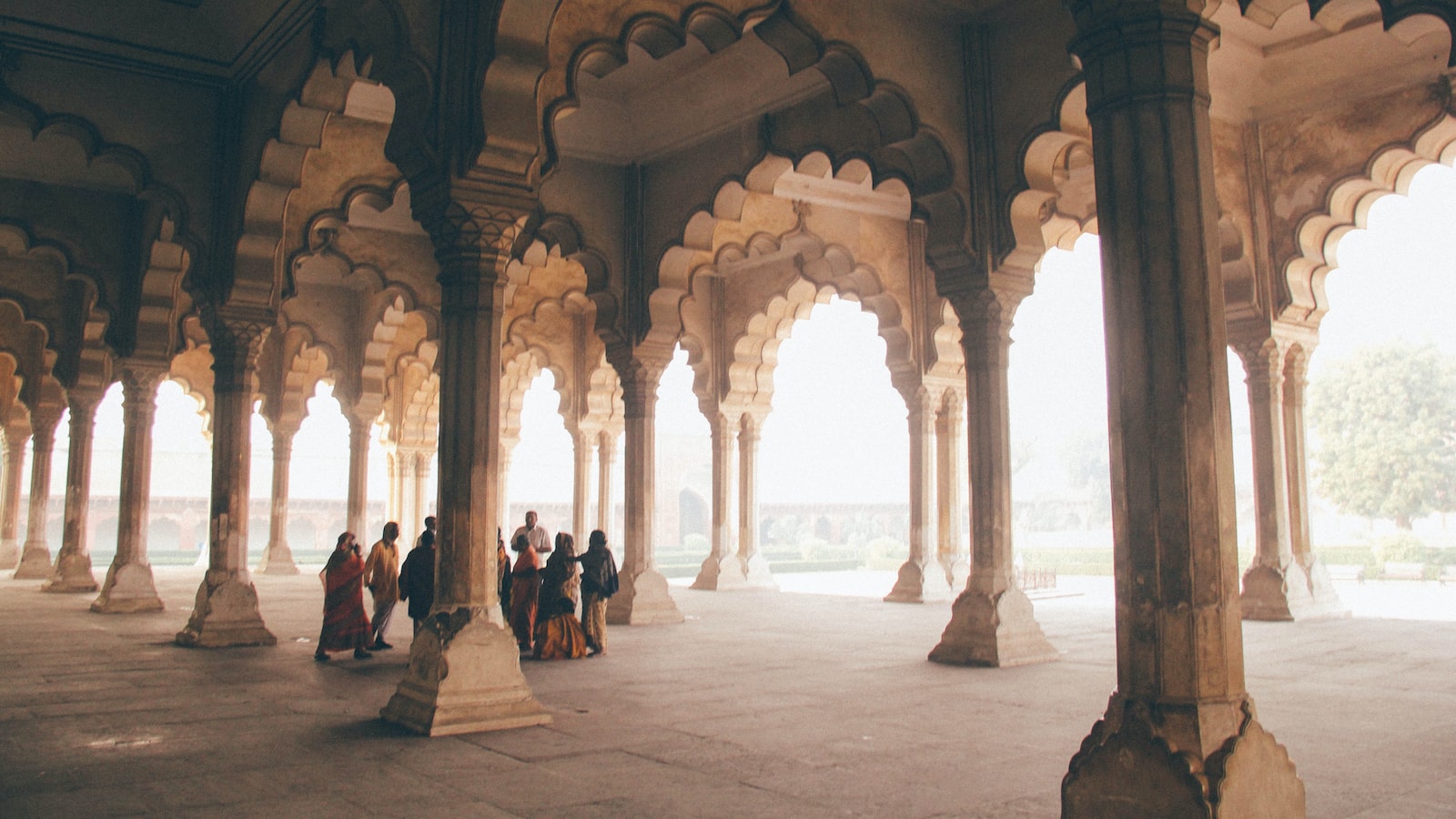New Delhi: India on Thursday, September 1 refrained from commenting on a United Nations report that has accused China of crimes against humanity in Xinjiang. However, it noted that the document pertained to “serious maltreatment of minorities” in the Chinese province.
Minutes before her four-year term ended, outgoing UN Human Rights commissioner for Human Rights, Michelle Bachelet, released the 48-page report on Wednesday.
The report said that the “extent of arbitrary and discriminatory detention of members of Uyghur and other predominantly Muslim groups … may constitute international crimes, in particular crimes against humanity.”
Asked for a response on the UNHRC report at the weekly briefing on Thursday, India’s ministry of external affairs spokesperson Arindam Bagchi said, “Our understanding is that the report is about the serious maltreatment of minorities in Xinjiang. But this is a UNHRC report, so for the moment, let the UN comment on it.”
He repeated twice that the report was about the “serious maltreatment” of minorities in China. “I don’t have anything to say further… except to note that it is about the serious maltreatment of minorities”.
Reuters had reported last month that China had asked Bachelet to bury the report, according to a Chinese letter that diplomats confirmed. Bachelet confirmed the previous week of receiving the letter, which she said was signed by about 40 other states, adding that her office would not respond to such pressure.
After she visited China in May, Bachelet faced severe criticism from human rights groups for being too soft on the Asian giant. The former Chilean president had since stated that she will refrain from seeking a second term for personal reasons.
Also read: The Language of the Uighur Holocaust
China’s permanent mission to the UN in Geneva described the report as a “farce” planned by the United States, Western nations and anti-China forces based on false information and the assumption of guilt.
India has never officially commented on the situation in Xinjiang, despite western capitals and human rights groups asserting for years that Beijing has been attempting to erase the cultural and religious markers of the population through intensive repressive measures. Due to its separatist movement, Beijing has always viewed Xinjiang as a volatile province, which has also coloured Chinese policies toward other countries in the region, especially Afghanistan.
In April 2016, India first granted a visa to Munich-based World Uyghur Congress’s Dolkun Isa and then cancelled it, after days of protest from China. Isa had been scheduled to attend a conference in Dharamshala on democracy in China, organised by dissident Chinese activists. The forum was converted into a closed-door meeting, even as other participants, including Hong Kong pro-democracy activists, also had their Indian visas rescinded.
For India, it would also be difficult to comment openly and thereby give credibility to the report, as New Delhi has previously questioned the understanding of the office of the UN human rights commissioner (OHCHR).
In 2018, OHCHR released the first report on the human rights situation in Kashmir, followed by an update in 2019. In both the reports, then UN human rights chief, Zeid Ra’ad Al Hussein, highlighted the rising graph of human rights violations and the killing of civilians by state authorities in Jammu and Kashmir.
Just like with the first report, India had dismissed the OHCHR’s report in 2019, describing it as “a continuation of the earlier false and motivated narrative on the situation in the Indian state of Jammu and Kashmir”.

